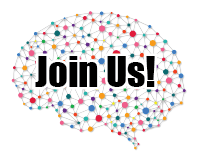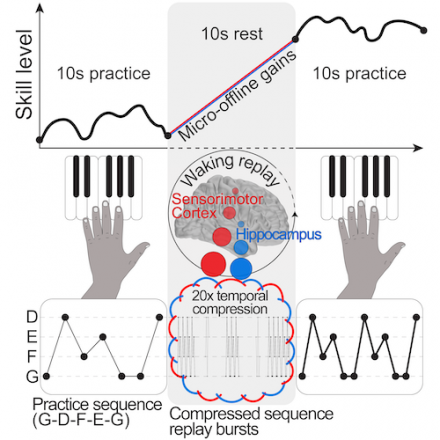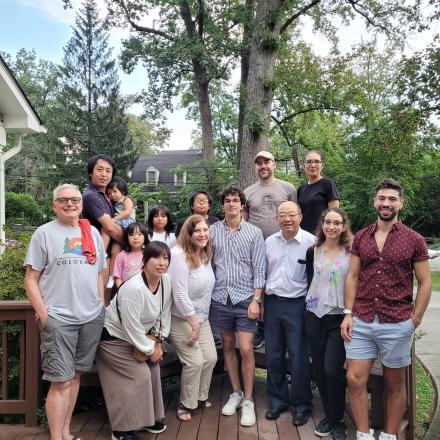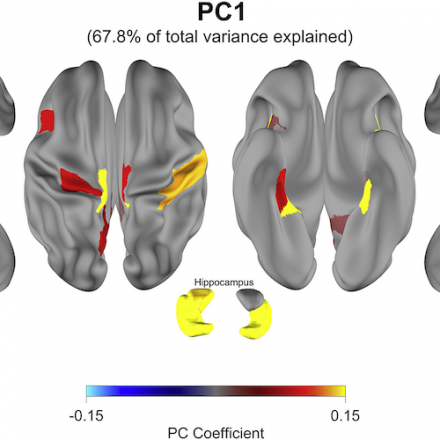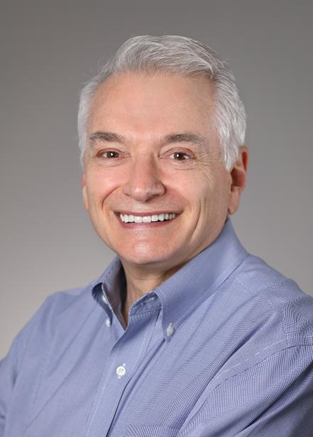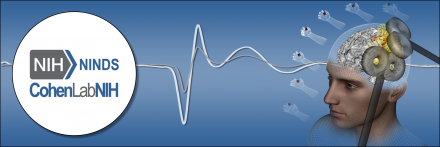
The goal of the Human Cortical Physiology and Neurorehabilitation Section's (HCPS) research program is to understand the mechanisms underlying plastic changes in the human central nervous system (CNS) and develop novel rehabilitation therapies for patients with CNS lesions, such as stroke, based upon these advances. Our work has focused on the human motor system to understand skill acquisition, memory formation, consolidation and reconsolidation and how these mechanisms can be manipulated for neurorehabilitation applications. Our group has a successful track-record of combining neuroimaging (i.e. – MEG, EEG or VASO layer-fMRI), closed-loop non-invasive brain stimulation (i.e. – TMS or TES) and behavioral neuroscience techniques to investigate this important area of research.
